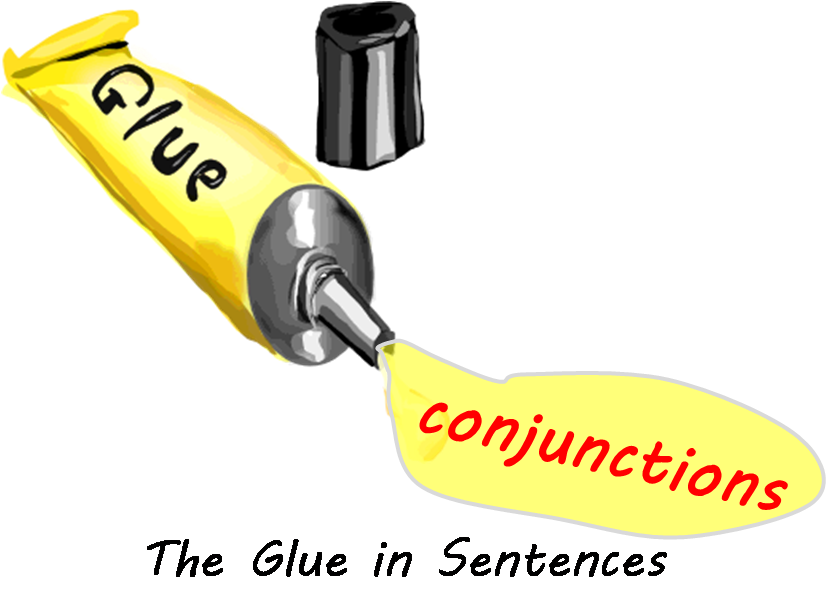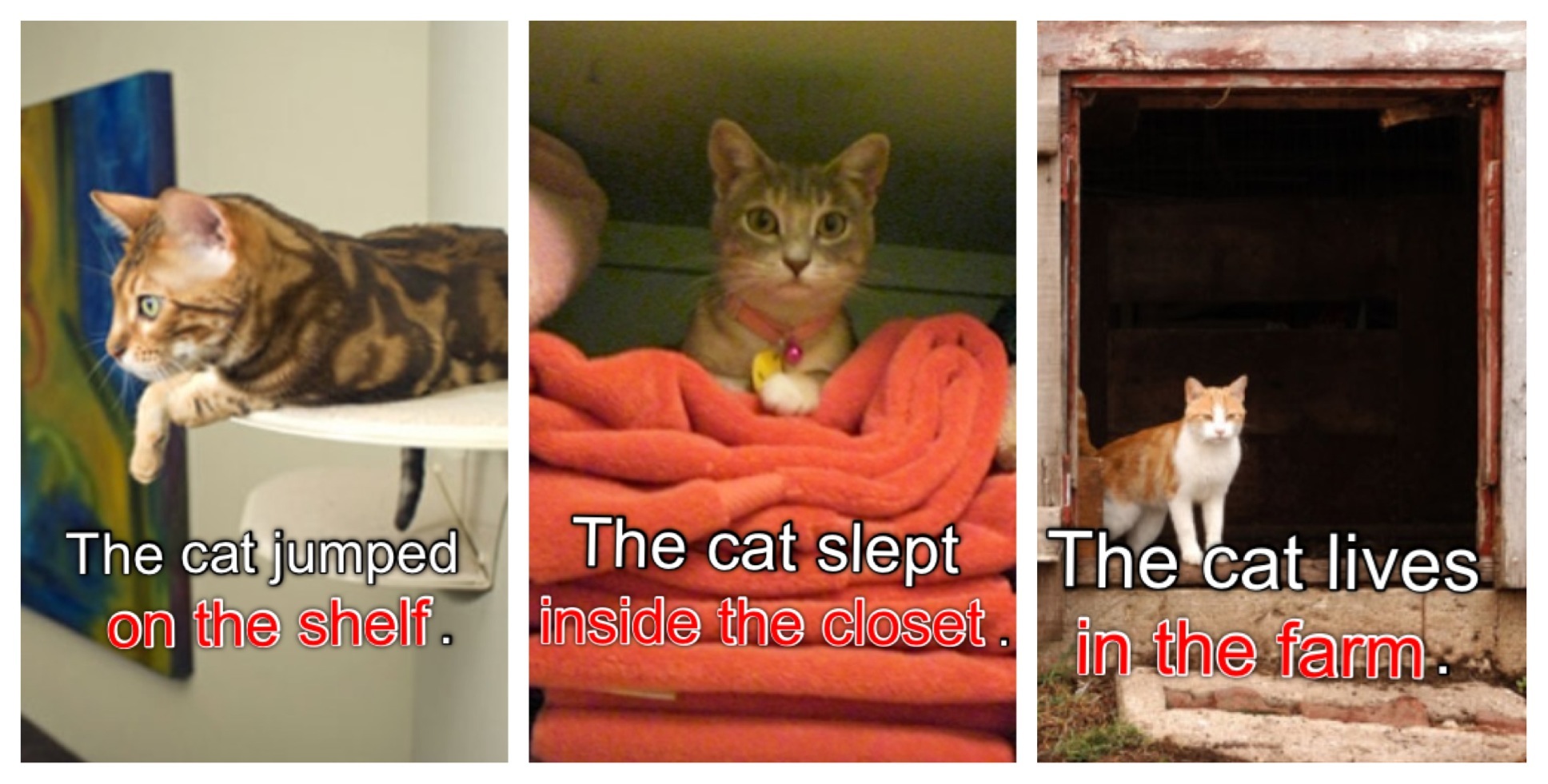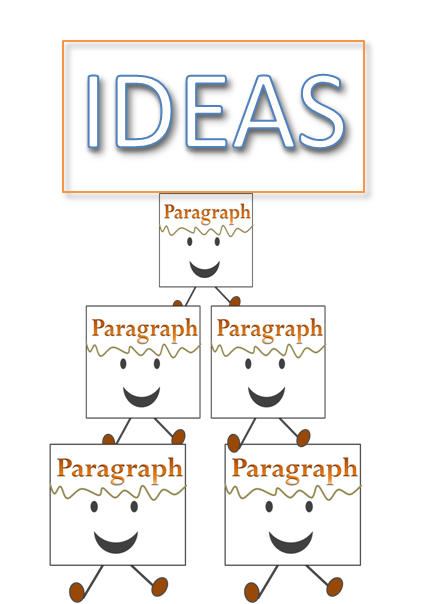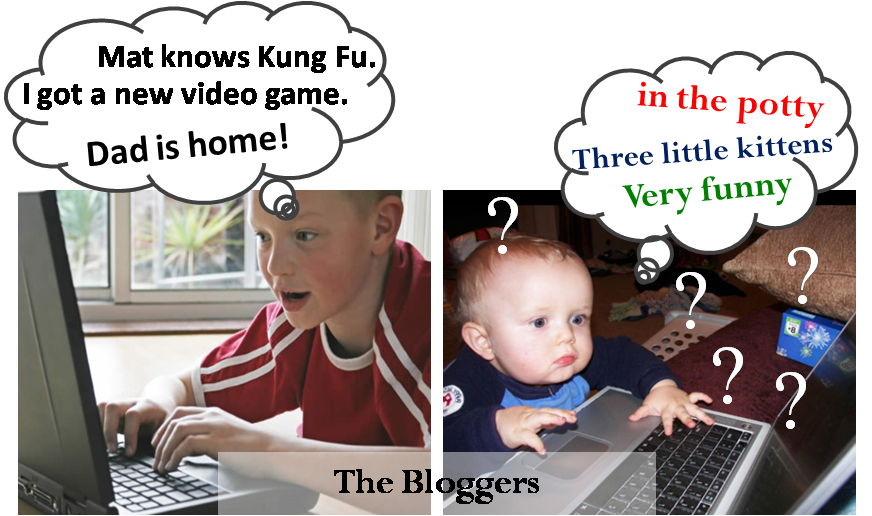First draft of a short story or novel
It is possible to start writing a story from a basic idea or from a more elaborated plan (a list or scheme where the characters, elements, and twists of the plot are included, with more or less details, from the beginning to the end of the story).
Either if we have an idea or a plan, the next step is to write a first draft of our story. Being the first draft, it means that it will not be the final version, but the first of several.
Keeping this in mind when writing provides a great benefit: it takes away the pressure of thinking that the first draft will be the one that we will present, deliver, show, read and/or publish. At the same time, it allows us to unleash our imagination, to focus on creativity, in the flow of ideas, without worrying by public quality standards.
In the first post of this blog, we pointed out that when one wants to begin writing (as a general activity), it is important to learn to let creativity flow. To do so, it was recommended to write without stopping about anything during a specific number of minutes a day, every day. With the first draft of a writing, either a short story or a novel, something rather similar is applicable. We need to let the writing flow non-stop, but in this case while developing the idea that we came up with for our story, or sticking to the plan that we have already drafted. When limiting creativity, we maximize it at the same time, in this case, by restricting it to our idea or plan for the story. If we want to write an entertainment literature piece, or any story that is not experimental, we will surely look for a narrative unit, a beginning, a development, and some defined characters. These elements, dealt with in other postings of this blog, frame our creativity and allow us to present it in an order that can be understood by others.
Therefore, when writing the first draft, we do not have to stop for minor punctuation matters, orthographic doubts, or things like that. These will be reviewed later. It is not necessary either to give it a read, to see “how it’s coming to be”, as we may be discouraged thinking the text is not as good as we thought it was, and we may end up quitting. We do not need to stop either for thoughts suggesting that what we are writing is not good, or similar ideas. Many professional writers recommend to finish the first draft without caring about your thoughts whatsoever. And they recommend this because even they have doubts on the quality of their writing in their first drafts. However, as they are already familiar with the writing process, they set aside their judgements and they just end up writing the draft.
That first draft, with all its flaws, errors and roughness, is a basis that will be later improved. A first draft can even be considered a detailed plan of the story or novel we want to write. Probably in some cases it is more than that, but, in general, that text will be a tool to start rewriting, once and again, an enhanced version of the story.
That is why the main objective when beginning to write a first draft will not necessarily be to write a good story. The main objective will be to complete it, so that it can be possible to improve it later, at that point with the main objective to create the best story possible based on that material and the additional ideas we come up with.
For all the reasons stated, a first draft is a lot and at the same time it is little. It is a lot, because whatever it is, it is a work or art, a narration that, irrespective of its quality, we have been able to complete, and we can correct. To finish a story, a novel, even in a first draft, is a great accomplishment. And, it is little, because it is barely a part of the work we will need to do to have something worth presenting, something worth showing. The rewriting and proofreading work will take even more time than that of the original writing. In fact, when reading the first draft we may find that we have to change a lot of things: correct commas and errors, remove a character, change the way in which the main character attains his objectives, delete a few scenes and introduce some new ones, write a better ending or beginning, etc. It is possible that we even have to rewrite the whole text, but we will be doing so with a base and a clearer idea of what we want to achieve.
Nevertheless, when reading that first draft, the things we find wrong, that we do not like, are not going to be a reason to be discouraged, but a reason to correct and to enhance our writing. We will also find good things, of course, that we will like and we will probably want to expand or emphasize. We will even read some of the passages and say: “Did I write this? Nice”.
With practice, some writers have developed other methods. Some, for example, prefer to write with a more paced rhythm, and there are even those that only begin the following phrase or page when they have obtained a final version of the previous one. But those writers are at a point where they are able to access their creativity easily. If we are just starting, it is important to develop or discover our creativity by letting it to come out limited only by plot, by the idea we came up with, and not by doubts, orthographic concerns, story quality, or similar factors.
So, off to write, and complete that first draft.



